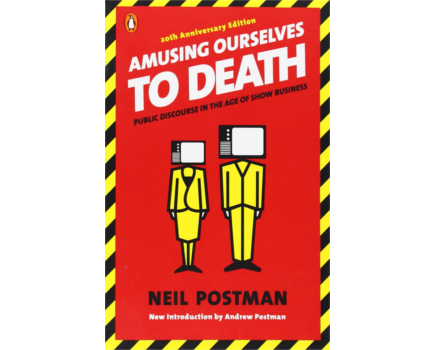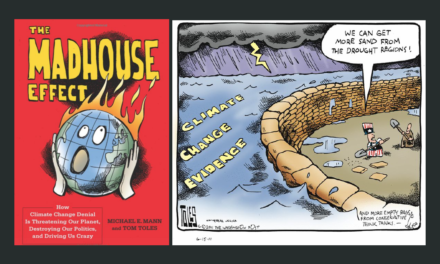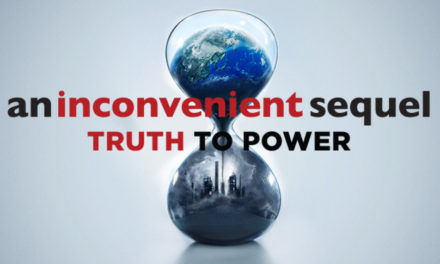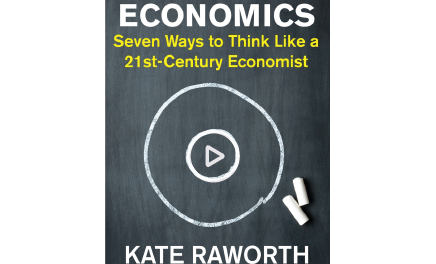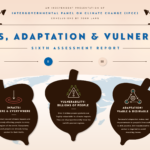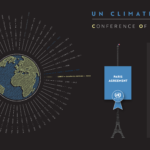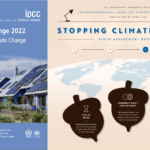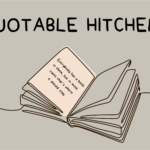Amusing Ourselves to Death
NEIL POSTMAN
A few weeks into the era of President Donald Trump, a funny thing happened: people rushed out to buy George Orwell’s novel 1984. For those who aren’t familiar with the dystopian tale, it’s about an authoritarian government that scrutinises everything, spreads propaganda and rewrites the truth. Sound familiar?
In our post-truth, post-Snowden era, 1984 is more literary forewarning than therapy. Intelligence agencies spy on our online conversations. Trump-speak is doublespeak. He may not be Big Brother but Trump’s Big Ego came up with #alternativefacts to justify false statements about his inauguration ratings. It’s life imitating Orwellian art.
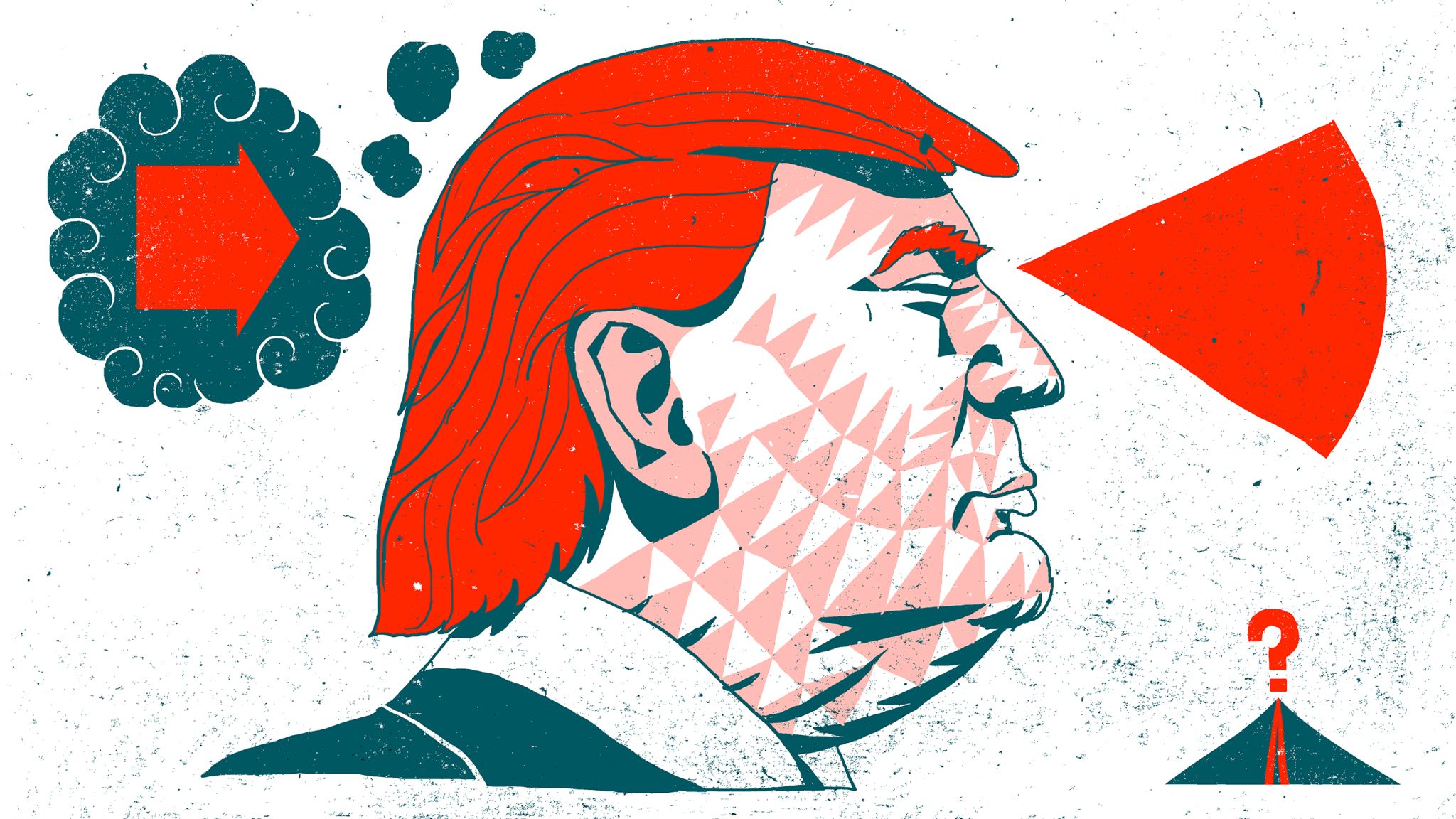
Credit: Andrés Guzmán
But, Orwell wasn’t the only literary prophet. A year after the title of 1984, another book emerged suggesting an alternative vision to explain the modern-day political malarkey. In 1985, Neil Postman published Amusing Ourselves to Death: Public Discourse in the Age of Show Business. In a barnstorming introduction, Postman argues why Aldous Huxley’s utopian vision in A Brave New World trumps George Orwell’s dystopian vision in 1984. It’s so compelling I’ve offered a sizeable chunk of it below:
What Orwell feared were those who would ban books. What Huxley feared was that there would be no reason to ban a book, for there would be no one who wanted to read one. Orwell feared those who would deprive us of information. Huxley feared those who would give us so much that we would be reduced to passivity and egoism. Orwell feared that the truth would be concealed from us. Huxley feared the truth would be drowned in a sea of irrelevance. Orwell feared we would become a captive culture. Huxley feared we would become a trivial culture, preoccupied with some equivalent of the feelies, the orgy porgy, and the centrifugal bumblepuppy. As Huxley remarked in Brave New World Revisited, the civil libertarians and rationalists who are ever on the alert to oppose tyranny “failed to take into account man’s almost infinite appetite for distractions.” In 1984, Huxley added, people are controlled by inflicting pain. In Brave New World, they are controlled by inflicting pleasure. In short, Orwell feared that what we hate will ruin us. Huxley feared that what we love will ruin us.
Spooky, right? Amusing Ourselves is a page-turner that smacks you in the face. Equally satirical and analytical, Postman explores why we don’t give a shit anymore. In a time when we have unprecedented news access, but dwindling voter turnout, it’s a chilling read.
We don’t care, Postman argues, because TV has given us decades of distractions. It’s a technology biased towards entertainment and interruptions. He explains with a deep discussion into how different technologies changed our experience of acquiring information. While it could be a bit abstract for some, it’s illuminating analysis.
Postman explains, way back when, we sat round camp fires and sought information via storytelling and wise quotes. Then writing and books allowed us to freeze our thoughts and experiences into concrete form, shifting information-seeking from a clever turn of phrase, to a more permanent and logical proposition. But TV transformed information-seeking far more radically.
TV, to Postman, is all about the visuals and pizazz. The act of thinking gets tossed; replaced instead, by performance. Whereas books allow arguments to develop before they blossom, television simply gets to the point, allowing audiences to tune in to what they truly desire: the soundbites. Is it any wonder why Jon Oliver has become one of the most trusted political pundits in America? The formula works.
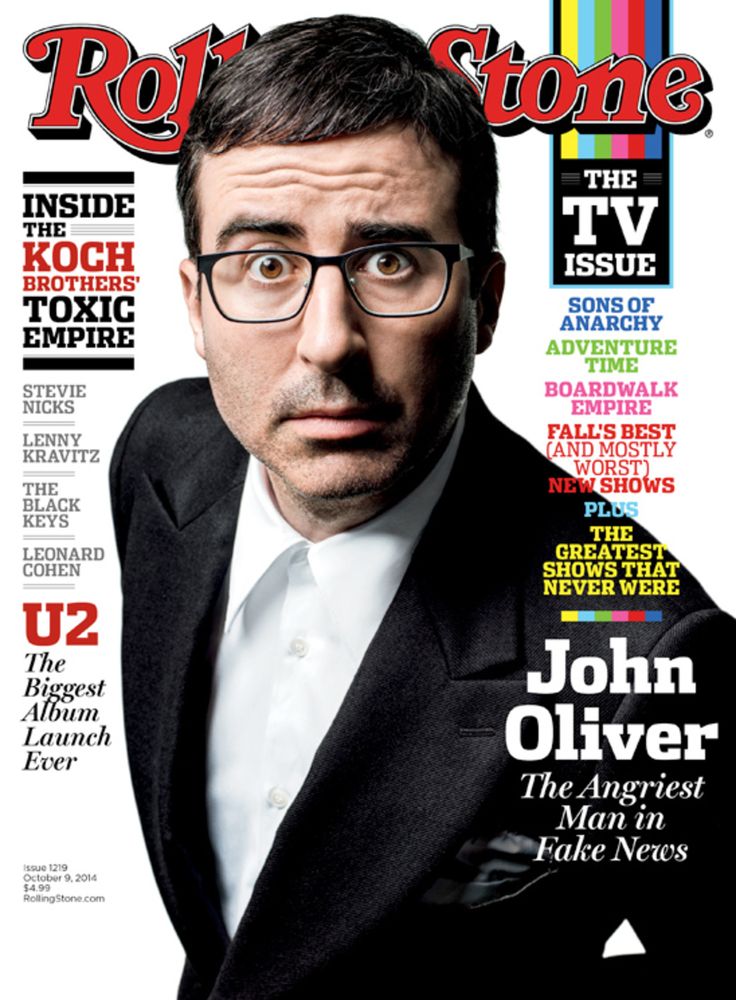
Credit: Rolling Stones
Perhaps most problematically, the gratifying experience we get on screens becomes what we expect elsewhere. We stop reading books if they aren’t instantly engaging. We scroll past headlines unless they’re enticing. Thanks to TV, our expectation to be informed intertwines with being entertained.
In response, the media, incentivised by commercial pressures, gives us melodramatic offerings. Floods of headline-grabbing, instantly gratifying, out-of-context, even ‘fake’ information stream in. The result? A confused but lol-addicted audience, equipped with a renewed intolerance for the boring stuff. Death to the truth by a thousand (news) cuts.
Amusing Ourselves is by no means the perfect political tonic. Written over 30 years ago, it obviously doesn’t dig into the social or economic reasons why many voted for Trump. It also gives the impression that technologies impacting our capacity to care is a one-way street. This is flat-out wrong: we have many reasons – social, cultural, economic etc., for being apathetic grumps. I also wonder if Postman had a subscription to HBO, or had seen an episode of The Wire, he may have regressed his cynicism about TV a little.
Besides, we no longer live in the age of TV, but the age of the Internet; the biases of which are a bit harder to pin down. While it’s probably too early to say anything definite, I suspect as a network technology, the Internet is inherently biased towards connectivity. Why else is Trump so obsessed about ratings? In the age of connectivity, visibility matters.
But for anyone who’s tired of apathetic friends or family, this book is for you. While Postman doesn’t offer a silver bullet, his key recommendation is very timely: get media literate and cast a critical eye to the news. Not the Trump kind which is to discredit any story that upsets you, but to look beyond the presentation and ask why it was produced, discussed or written in a certain way. Being aware of the inherent biases of technology may reduce their impact on you.
For anyone tempted to read 1984, Postman’s book is a reminder that A Brave New World is just as timely. Maybe, just maybe, the pending threat to our democracy isn’t Big Brother but our Big Indifference.
